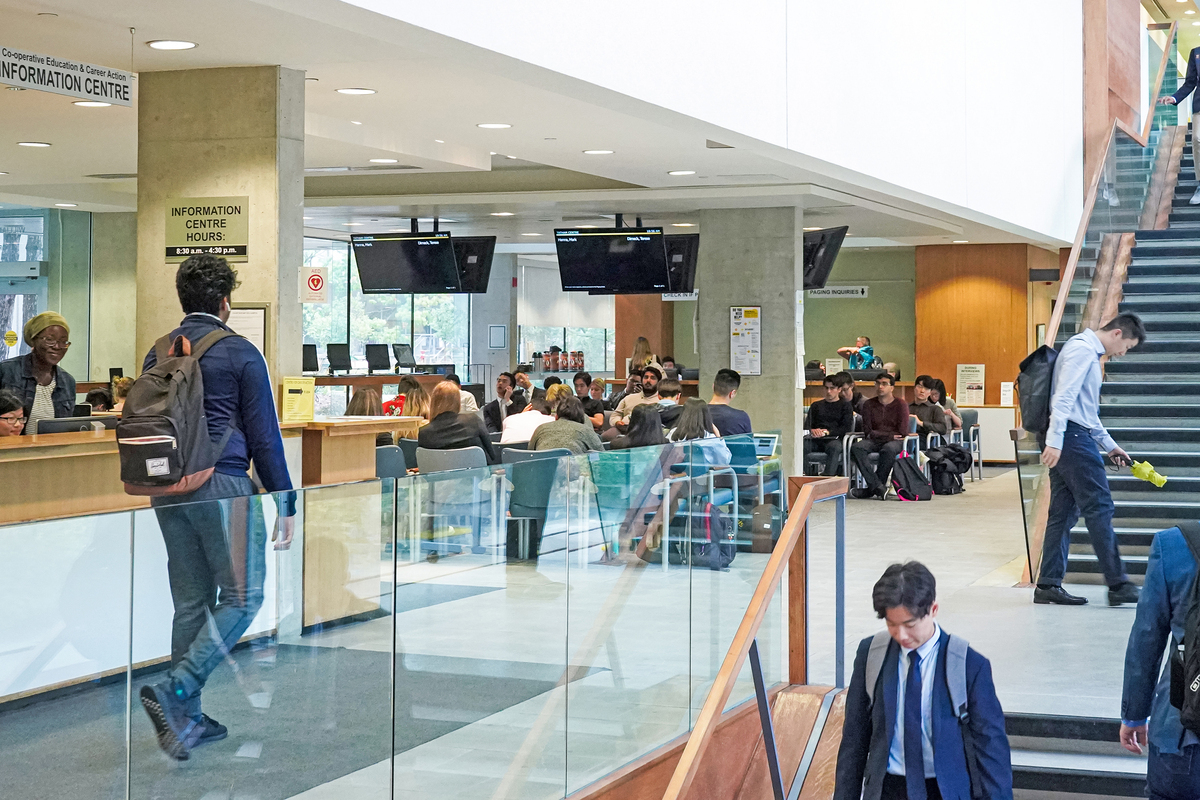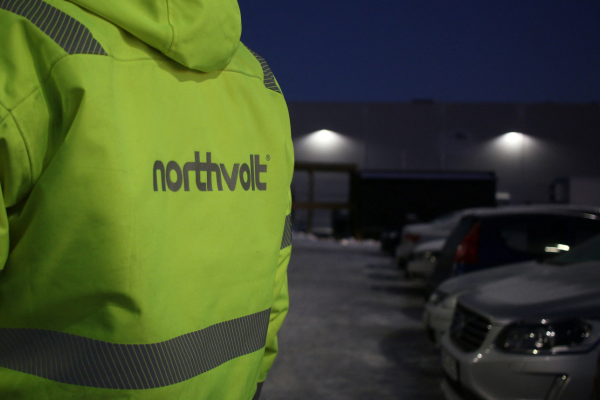Why Gen Z could be the answer to your workforce woes
Sponsored by University of WaterlooThe answer to current labor shortages is bringing in tech-savvy Gen Z workers, right now.
Here’s how to do it

A recent survey of global CEOs found that 40 per cent fear their organizations will not be economically viable in ten years.
Why?
52 per cent said that the global labor shortage is their biggest challenge, while 49 per cent said it was the need to adapt to technological change.
Bringing Gen Z workers into the labor force now, when they’re early in their careers, is the solution to both pieces of this economic puzzle.
Gen Z workers are digitally fluent, having grown up immersed in social media and technology. They use technology to be more entrepreneurial, better problem solvers and bigger thinkers who have an outsized impact on businesses, even early in their careers.

Take Canadian post-secondary student Alex Zhu, for example.
Zhu, who hails from Toronto, is doing his undergraduate studies at Canada’s University of Waterloo, which is also my academic home. The university was founded over 65 years ago jointly by business and academic leaders who wanted to offer a degree that baked work into the education process. It now runs one of the world’s largest co-operative education and work-integrated learning programs and is situated in North America’s leading small-tech talent market.
Zhu is a third-year Computing and Financial Management student - a program run jointly by the faculties of math and arts. He recently spent a co-op work term at Mastercard. There, Zhu quickly proved why young workers are so valuable. He took initiative to conduct various analyses and used those insights to create deliverables for clients. Zhu also raised his hand to develop a “Welcome to Canada” guide for international office transfers in addition to his day-to-day responsibilities.
Most notably, Zhu’s creativity and technological know-how was harnessed by Mastercard on an engagement to help a client launch a first-of-its-kind call center savings initiative. Zhu demonstrated a clear understanding of the analyses he worked on and impressed the team with his ability to understand and navigate stakeholder relationships. During the second half of the project, Alex played a key role in weekly client meetings and was entrusted to work with the client on the development of their year-end newsletter.
“In this role, I was able to step up and lead client engagement,” said Zhu. “It was a very valuable opportunity to take that extra step and go above and beyond the role that I was given.”
“Alex made a considerable impact on his projects and the wider Mastercard team,” said Mastercard Canada’s Behram Modi. “He contributed substantially to shaping key project deliverables, delivering client presentations, and liaising with internal and external stakeholders.”
Waterloo’s co-op program has over 25,000 students working at more than 7,500 businesses in over 60 countries each year. The program produces an enormous amount of data about the nature of the work that young people produce for these organizations and, what they expect in return.
Our Work-Learn Institute uses this treasure-trove of data to study the future of work to look at how organizations can attract and keep young, tech-savvy Gen Z workers such as Alex to solve their labor and tech challenges.
According to our most recent survey data, Gen Z workers are prioritizing work-life balance. But they’re not interested in just paying lip-service to this idea. They’re looking for a clear plan for how an employer will live their values. They want to know what mechanisms and structures are in place that allow employees to maintain that balance.
Our research also shows that Gen Z workers pay close attention to an organization’s values, with nearly half of those surveyed in a recent study saying that they would decline a full-time job that fails to match their values, even if it matches their skillset.
Young people are also looking for employment security, a focus on equity, diversity and inclusion, opportunities for career growth and support for lifelong learning.
In terms of preference for remote or in-person work, perhaps surprisingly given their comfort with technology, Gen Z workers seem to prefer a hybrid work environment.
We’ve found that networking is a key component of desirable work for young people. They want to build relationships and find mentors to learn from, and they’ve identified that the most meaningful way to do that is to have at least a partially in-person work experience.

The data from Waterloo’s co-operative education program shows us that Gen Z workers can contribute now, very early in their careers, and in a very meaningful way and there are relatively simple steps that employers can take to lure these new workers to their organizations.
Gen Z know what they want, and if businesses want to ensure long-term economic viability, they must meet those needs. Doing so will address the labor shortage and need to adapt to technological change and it will ensure that this innovative and creative new set of workers will unleash their considerable talents at some of the world’s leading businesses.
To learn more about the University of Waterloo’s work-integrated learning programs and how you can hire Gen Z talent now, visit uwaterloo.ca
Dr Norah McRae, Associate Provost, Co-operative and Experiential Education, University of Waterloo

Business Reporter Team
Most Viewed
Winston House, 3rd Floor, Units 306-309, 2-4 Dollis Park, London, N3 1HF
23-29 Hendon Lane, London, N3 1RT
020 8349 4363
© 2024, Lyonsdown Limited. Business Reporter® is a registered trademark of Lyonsdown Ltd. VAT registration number: 830519543





